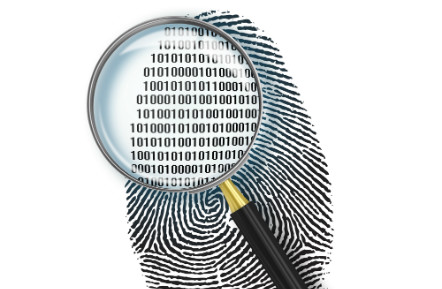The CEELI Institute, in Prague, launched a four-part webinar discussion series as part of its program with the Central and Eastern European Judicial Exchange Network in April 2020. The first of these series which focuses on "Videoconferencing in Support of Remote Access to Courts" took place in April/May 2020 and the webinar 4 (held on 19 May 2020) was devoted to "The Technical Requirements for Using Videoconferencing in the Courts". Barrister Stephen Mason participated in the discussion on The Legal Requirements for Using Videoconferencing in the Courts. The second series on "Access to Justice During and After the Pandemic" took place in June/July 2020 and looked at broader justice issues raised by the pandemic. Mr. Mason also participated in webinar 3 of this series (held on 30 June 2020) on Electronic Evidence and Dealing with Witnesses in Videoconference Hearings.
The Committee of Ministers of the Council of Europe adopted, in January 2019, guidelines on electronic evidence in civil and administrative proceedings. The purpose of the guidelines is to help the 47 member states to adapt the operation of their judicial and other dispute resolution mechanisms to address issues arising in relation to electronic evidence in civil and administrative proceedings. The guidelines deal with oral evidence taken by a remote link, use of electronic evidence, collection, seizure, and transmission of evidence, relevance, reliability, storage, preservation archiving, awareness-raising, review, training, and education.





